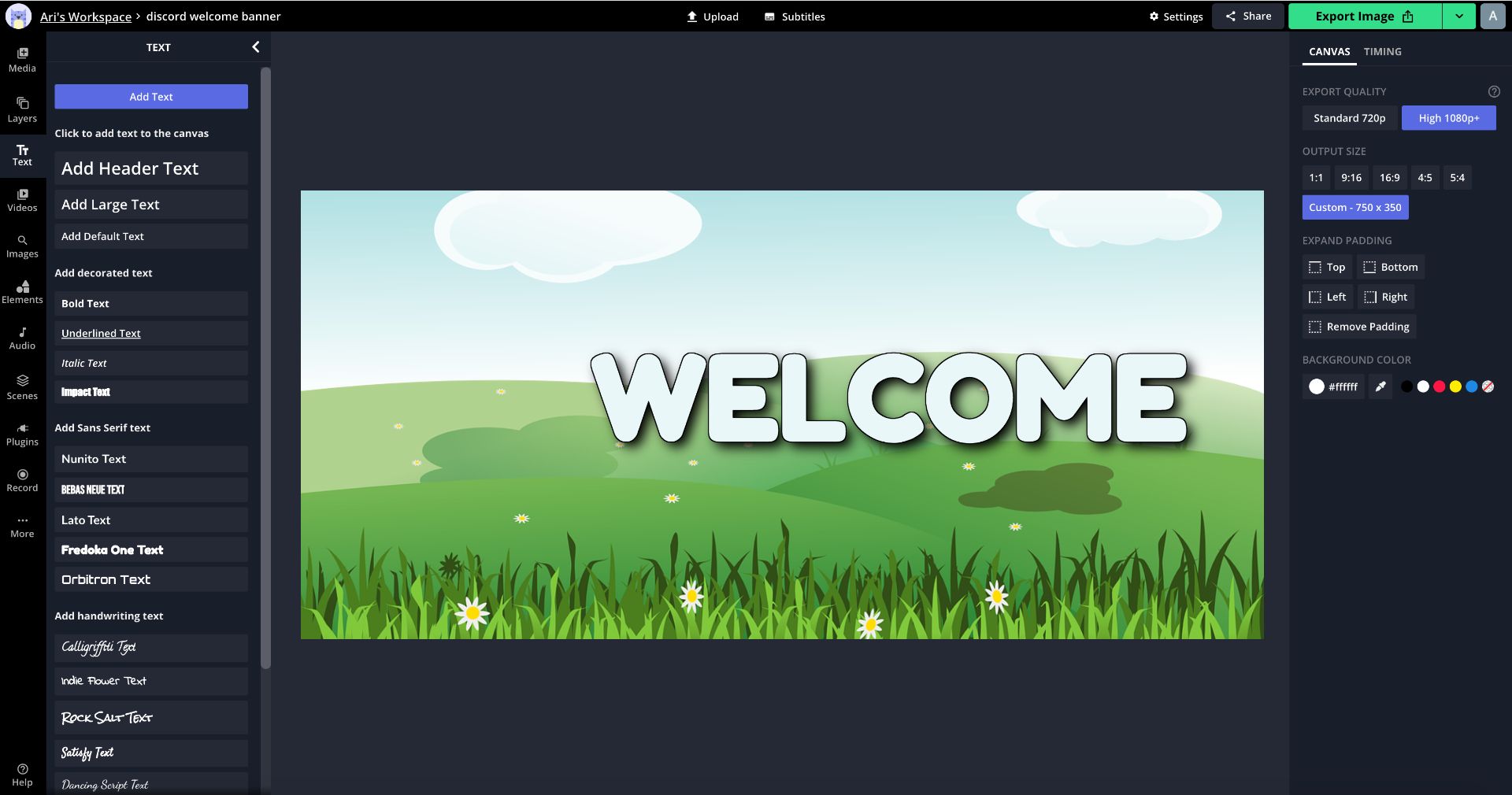

AI agents have come a long way in software development. They started as simple tools that developers used to automate repetitive tasks. Now, they have evolved into powerful assistants capable of generating code on their own. This shift is reshaping how software is developed, making processes faster and more efficient.
Today, AI tools like GitHub Copilot are at the forefront of this evolution. They help developers by suggesting code snippets and completing lines of code, which speeds up the development process. These tools are changing the role of developers, who are increasingly taking on supervisory roles, overseeing the work AI agents do.
Here are some key milestones in AI development for software:
AI's journey in software development is just beginning. As these tools continue to improve, the landscape of software engineering will transform, with AI playing an increasingly central role.
AI tools are making strides in writing code, but they aren't without their challenges. Understanding complex code dependencies and maintaining systematic integrity are significant hurdles.
AI agents often struggle with long contexts and intricate codebases. They might have trouble processing complicated structures, especially when there are numerous dependencies involved. This complexity can lead to errors if not carefully managed.
Ensuring the quality of AI-generated code requires human oversight. While AI tools can assist in coding tasks, developers need to review and validate the output to avoid errors. There's a growing need for new tools that can help address these challenges, providing better oversight and improving the integration of AI in software development.
Human intervention remains crucial. It ensures that AI-generated code maintains the necessary quality and accuracy for reliable software.
Integrating AI tools into software development can streamline processes and boost productivity. To make the most of these advanced tools, you need a solid strategy. It's about using AI where it shines and ensuring it works well with human expertise.
AI can handle specific tasks like refactoring code and automating repetitive chores. These tasks free up developers to focus on more complex and creative aspects of their projects. But to get there, you need to incorporate AI thoughtfully.
First, establish robust validation processes. AI tools can generate impressive results, but they aren't infallible. Regular checks and balances are crucial to ensure the quality of AI-generated code. This helps catch errors early and keeps the codebase reliable.
Use AI for targeted tasks. Identify areas where AI tools can bring the most value, like code refactoring or handling large datasets. This focused approach maximizes the benefits of AI capabilities.
Balance AI with human skills. AI tools are great assistants, but human oversight remains essential. Developers should supervise AI outputs to maintain high standards and drive innovation.
By thoughtfully integrating AI into your workflow, you can enhance efficiency and innovation in software development.

AI agents are transforming the way code is written. They're not just tools but have become collaborative partners in the software development process. These agents handle repetitive tasks and even generate code, enhancing both efficiency and productivity. Developers now find themselves in more supervisory roles, overseeing AI's contributions to ensure quality and innovation.
AI's journey in coding isn't without hurdles. Complex code dependencies and long contexts pose significant challenges. AI struggles with legacy code and requires human oversight to maintain high standards. Despite these issues, AI agents are continuously improving, moving towards handling more complex tasks independently.
AI's role in software development is evolving rapidly. Developers and AI tools work together to overcome current challenges. As technology advances, discussions around AI in coding will continue, promising new possibilities and innovations in the field. AI is poised to be an integral part of the software development landscape.





